I met a man on my hospital rounds with a full head of white hair, powerful arms and a purposeful gaze who was dying of leukemia. He was the president of a corporation, he told me, and his current hospitalization was a temporary setback. He had completed his experimental treatments and there was nothing more the doctors could do, but he was confident that his cell count would “get it together,” and he’d be back in his office in the next couple of days.
The following week, I met him again, lying in a different bed. He told me he had gone home, spiked a fever with infection and come back. His immune system couldn’t handle much; I had to wear a paper mask and gown to enter his room. He was still intent on staring down his condition, but his gaze was softened, slightly, by reality.
He hadn’t been ready the first time we met, but this time I ventured to ask him what he was doing to prepare for the worst. He said he had a plan to simplify and reorganize his finances, so that his wife could step in and take them over. It would take about nine months, he said. Then he changed the subject.
In this week between Rosh Hashanah and Yom Kippur, we have the opportunity to do what that man could not: to face our own deaths squarely. Yom Kippur is when we forgo normalcy (work, food, sex, bathing, fineries) and instead wear the same white in which we will be buried. It is theater of faith, an acting out of death for a day, to allow ourselves to ask the hard questions: What would I do if I knew I would die soon? What is standing in the way of my peace of mind?
Moses faces the same situation in our last two Torah readings of the year: Ha’azinu, the “song of Moses,” which is read this Shabbat; and V’Zot Habracha, a list of blessings read on Simchat Torah. God dictated the Torah to Moses, so he knows that he will die in these chapters. He chooses to spend his last days reviewing and summarizing the teachings he has delivered throughout his life, and urging his community to follow through on their promises.
It is a point Moses wishes to make sharply. “And when Moses finished reciting all these words to all Israel, he said to them, ‘Take to heart all the words that I have witnessed to you this day. … For this is not a trifling thing for you: it is your very life. …’ ” (Deuteronomy 32:45-47).
Living the 613 mitzvot, the commandments put forth by God in the Torah, could not be more important, Moses wants us to know. To underline this, the rabbis play some metaphoric gematria, saying that, like the pomegranates we eat at this time of year because they contain 613 seeds, Ha’azinu contains 613 letters. Neither of these claims is factual (computer science researcher Alexander Haubold counted the seeds of 206 of the red fruits and found totals ranging from 165 to 1,300; my computer counted 1,796 characters in Ha’azinu’s poem), but that is not the point. We see a pomegranate and we think of its plethora of seeds, and the sweetness of Torah, all in one encapsulated flesh. Ha’azinu’s rich language does the same thing for our ears.
It begins: “Give ear, O heavens, let me speak. Let the earth hear the words I utter. May my discourse come down like rain, my speech as the dew, like showers in young growth, like droplets on the grass.”
Moses wants us to know that God’s words are always exactly what we need to hear. They come down in torrents or in sprinkles, replenishing us spiritually in just the way we need them to (a teaching of Rabbi Solomon Zalman Ullman, chief rabbi of Bistrita, Hungary, who died in 1930). Sometimes we are open to change, and God will be gentle with us. Sometimes we are resistant, even on our hospital bed, and God sees the need to make things more plain. Either way, we have plenty to be grateful for, and to share with our loved ones.
So ask yourself this Ha’azinu Shabbat: What would I do differently, if I knew death was around the corner? (It always is.) Are there grudges I’m holding that I could release? Wisdom I’ve learned that I could share? Encouragement that I want others to carry with them in life? What am I resisting, and how is God reaching out to get my attention? Now that I am on my final soapbox, what do I have to say?
Rabbi Avivah W. Erlick, BCC, is an independent rabbi and health care chaplain, and president of L.A. Community Chaplaincy Services (LACommunityChaplaincy.com), a referral agency for professional chaplains and rabbis.








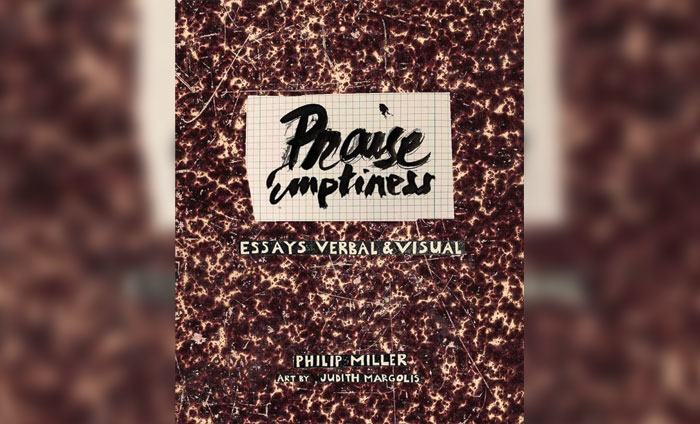
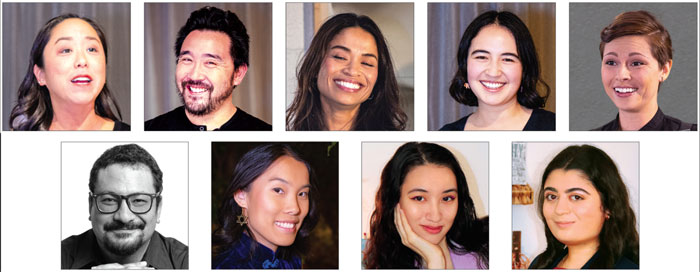
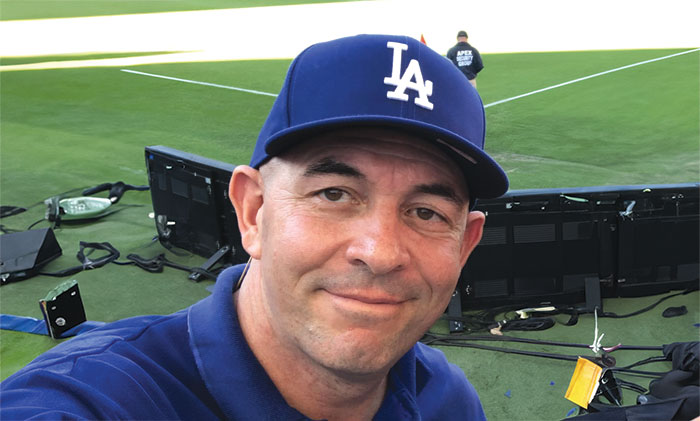
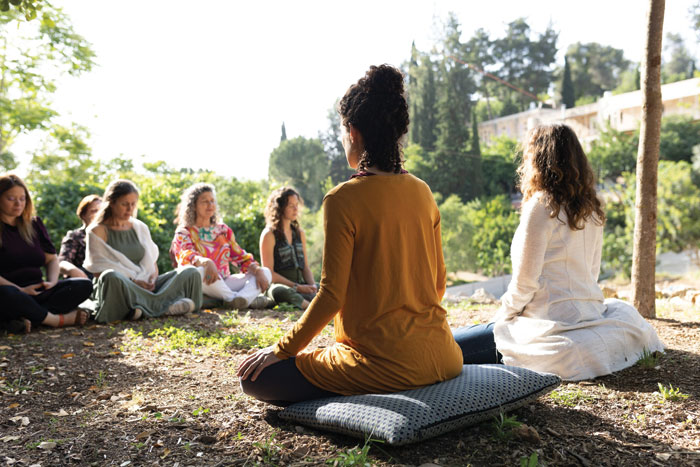

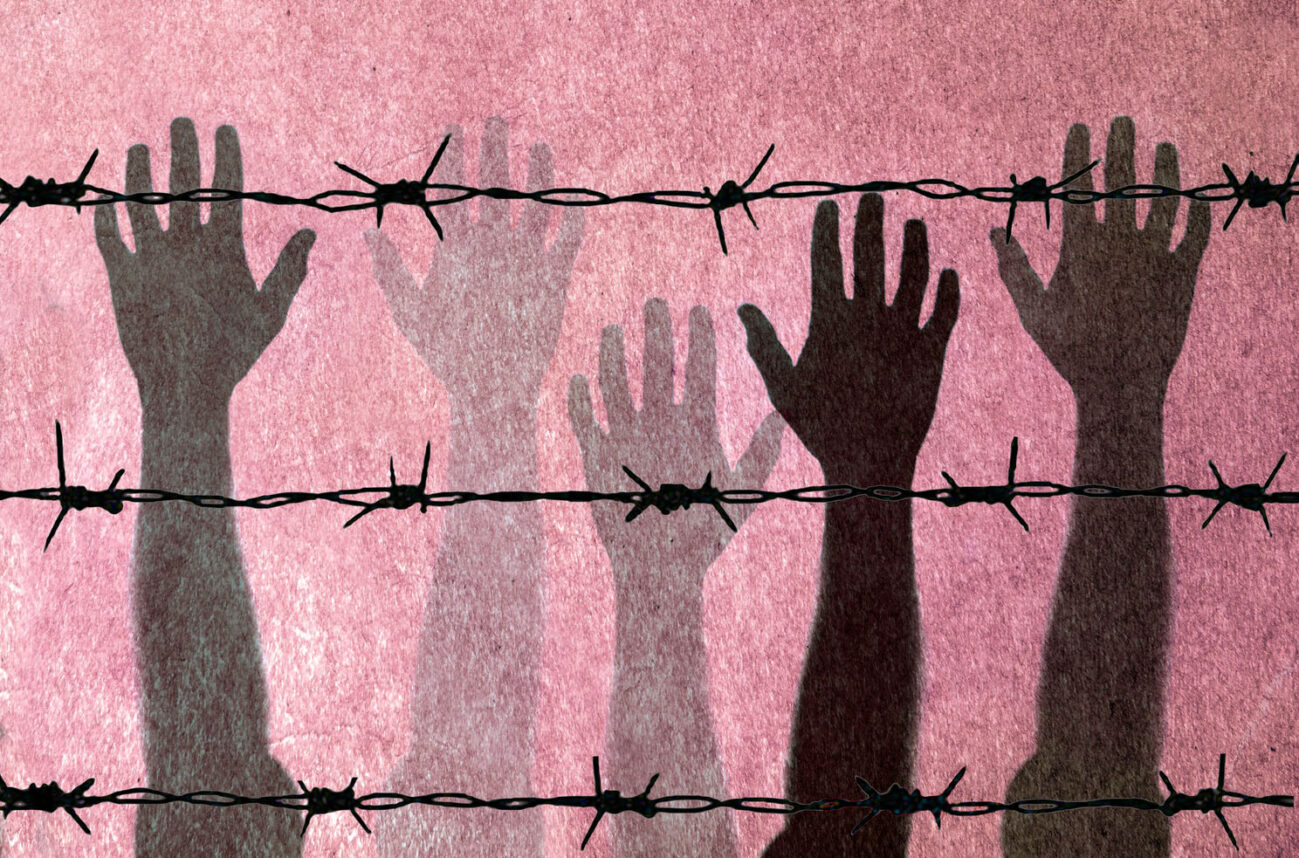

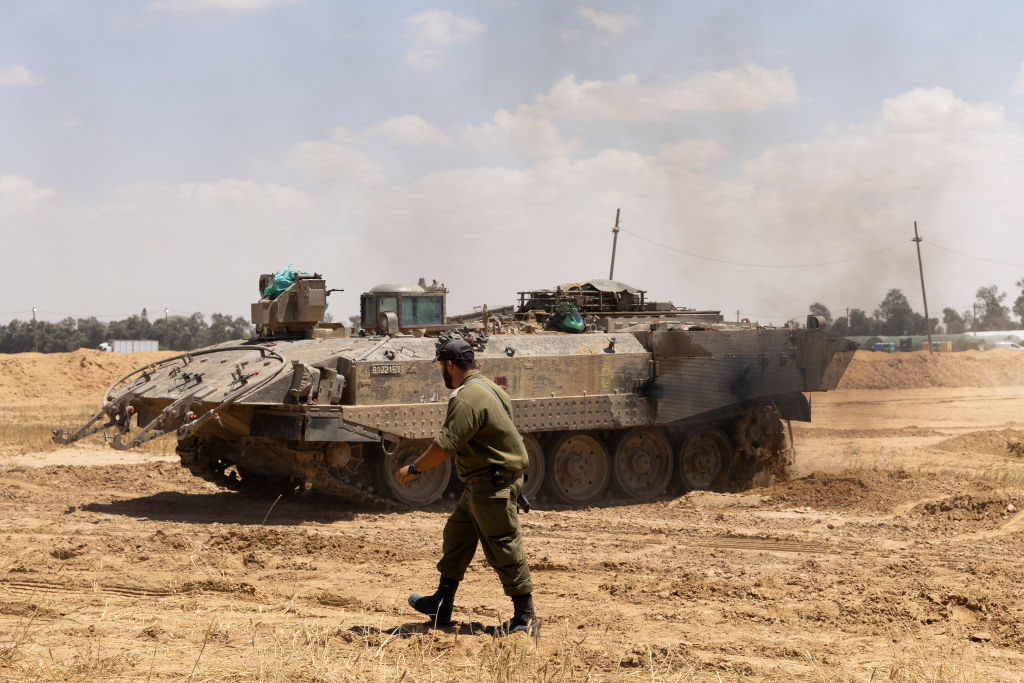
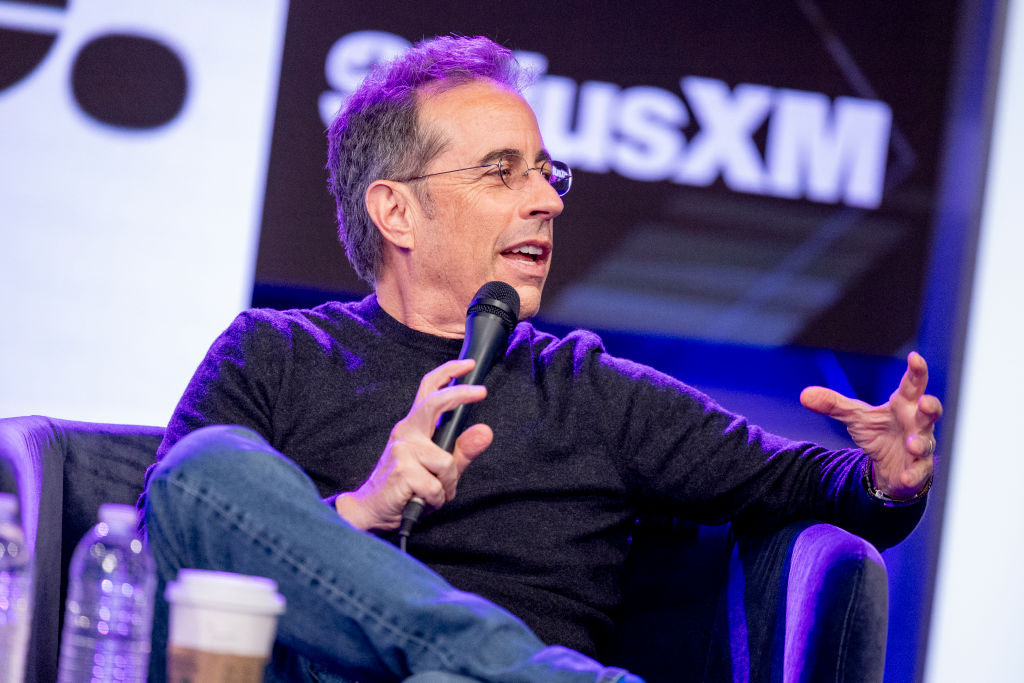





 More news and opinions than at a Shabbat dinner, right in your inbox.
More news and opinions than at a Shabbat dinner, right in your inbox.